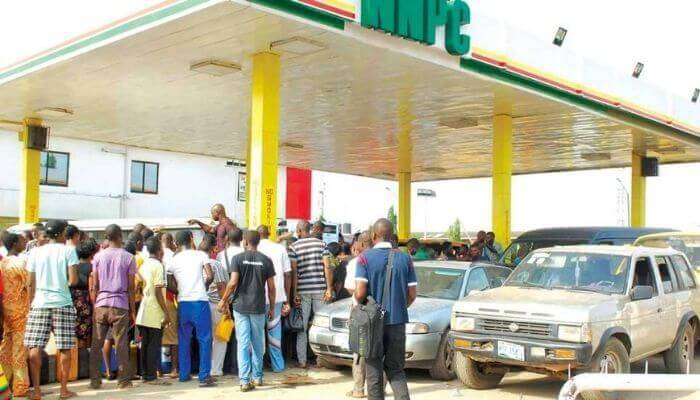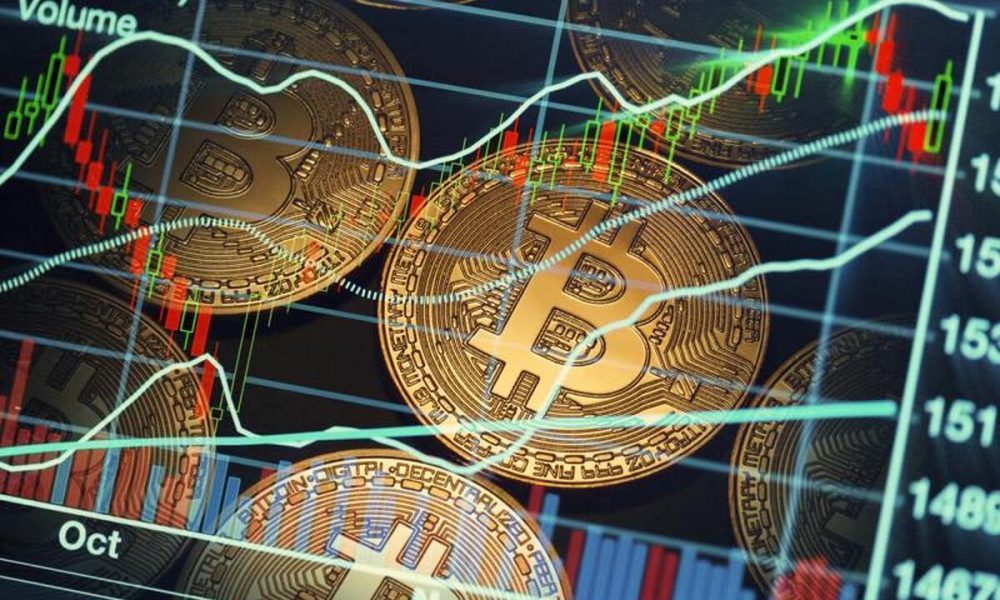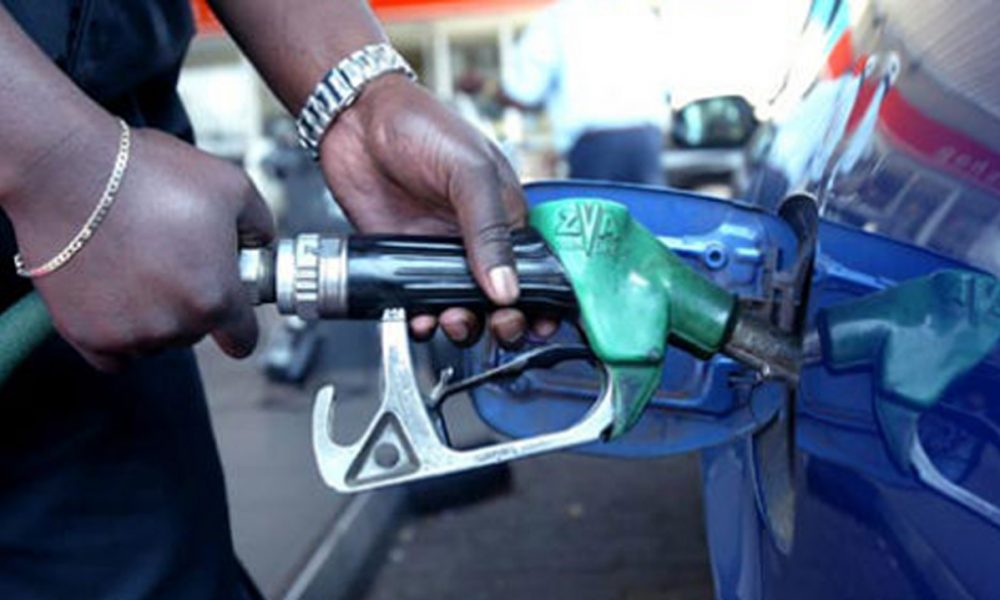Fuel Crisis Deepens: Nigeria’s Oil Marketers Face Uncertainty as Petrol Prices Soar
As the country grapples with the recent hike in fuel prices by the Nigerian National Petroleum Company Limited, many are left wondering what’s next. Here’s an update on the current petrol scarcity and government response.
A steep decline in fuel consumption is wreaking havoc on oil marketers, with around 10,000 dealers on the brink of shutting down due to the challenges they’re facing. According to recent data from the Nigerian Midstream and Downstream Petroleum Regulatory Authority (NMDPRA), fuel consumption has dropped dramatically to 4.5 million litres per day in August 2024, a staggering 92% decline from the 60 million litres per day in May 2023.
The scarcity is further exacerbated by the fact that only 16 out of Nigeria’s 36 states received fuel from the Nigerian National Petroleum Company Limited in August, leading to shortages across the country. This situation has been sparked by the removal of fuel subsidy by President Bola Tinubu in May 2023, resulting in a 488% surge in petrol prices, from N175 to over N1,000 by October 2024.
The economic strain has brought about increased transportation costs, inflation, and forced many Nigerians to abandon their personal vehicles for public transport. Dr. Joseph Obele, National Public Relations Officer of the Petroleum Products Retail Outlets Owners Association of Nigeria (PETROAN), confirmed that the steep decline in fuel consumption has led to significant financial losses for their members, putting approximately 10,000 retail outlets at risk of closure.
The cost of a truckload of petrol has jumped from N7 million to N47 million in the past 16 months, according to Obele, who highlighted the financial pressure on oil marketers.
The Nigeria Labour Congress (NLC) has slammed the International Monetary Fund (IMF) for the removal of fuel subsidy and other anti-people economic policies by the Bola Ahmed Tinubu-led administration. NLC President, Joel Ajaero, accused the IMF of playing a role in Nigeria’s economic woes.
The labour union believes that the IMF and the World Bank are the main culprits behind Nigeria’s economic troubles, recommending harsh and unworkable economic policies to developing nations. The NLC has called for the removal of the neck constraint, urging the government to break free from the grip of the World Bank and IMF, saying it’s too late to deny complicity in the IMF’s role in shaping Nigeria’s economic future.



